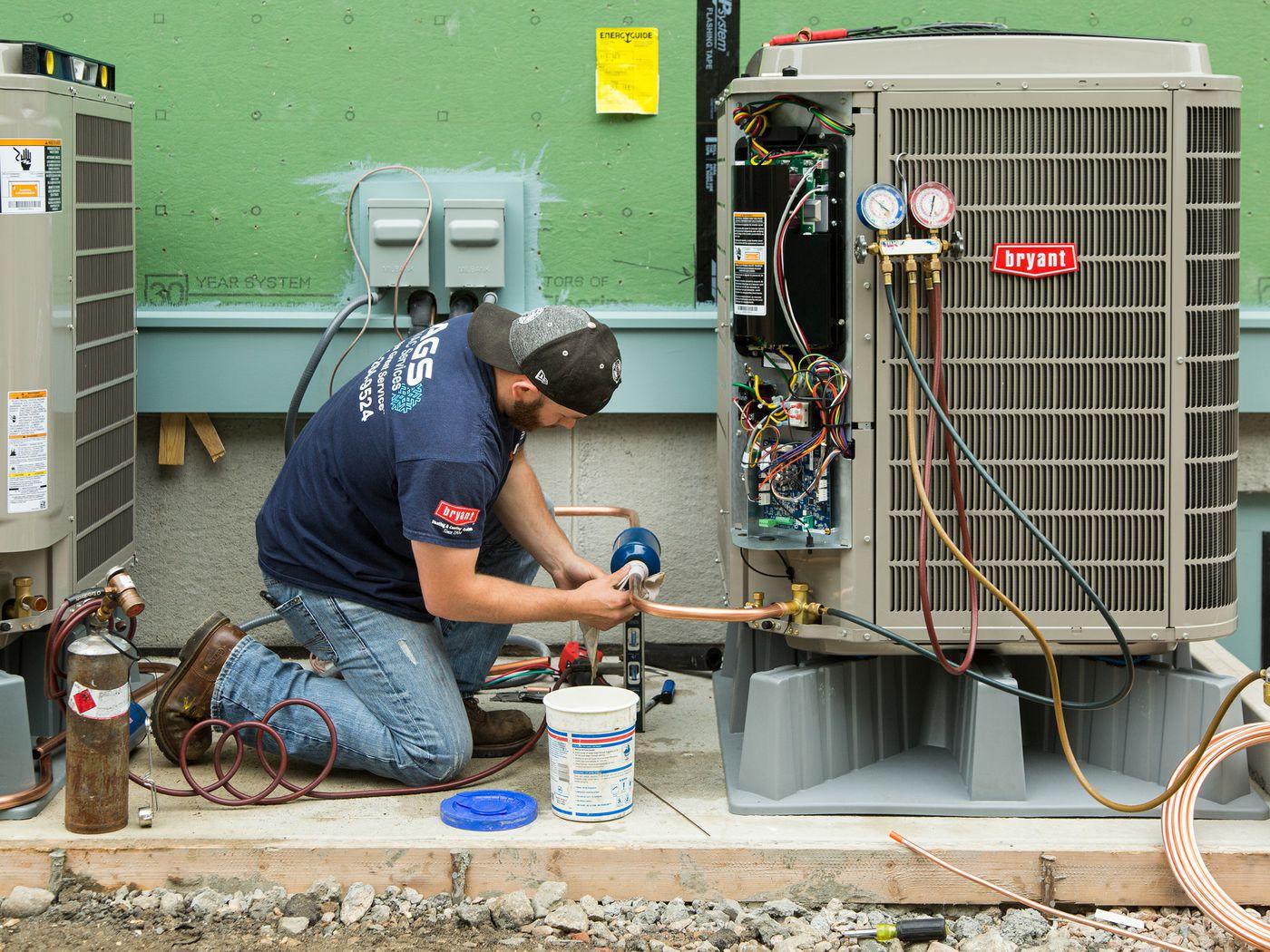Climate Control Chronicles: Mastering Your Indoor Comfort
Climate Control Chronicles: Mastering Your Indoor Comfort
Blog Article

In today's fast-paced world, creating a comfortable indoor environment has become a crucial aspect of our daily lives. Whether it's the chill of winter or the heat of summer, heating and air conditioning systems play a vital role in ensuring that our homes and workplaces remain cozy and pleasant. As we spend a significant amount of time indoors, understanding how to manage these systems effectively can lead to improved comfort, energy efficiency, and overall well-being.
Mastering your indoor comfort involves more than just adjusting a thermostat. It's about knowing the ins and outs of heating and air conditioning to maintain an ideal atmosphere while also being mindful of energy consumption and costs. With the right knowledge and tools, anyone can navigate the often complex world of climate control, optimizing their environment to suit their unique preferences and needs.
Understanding HVAC Systems
Heating, ventilation, and air conditioning, commonly referred to as HVAC, is essential for maintaining a comfortable indoor environment. These systems regulate temperature, humidity, and air quality within homes and buildings. By combining heating and cooling methods, HVAC systems ensure that spaces remain comfortably warm during winter and refreshingly cool throughout the summer months. The importance of an efficient HVAC system cannot be overstated, as it directly impacts energy consumption and overall comfort.
Heating components in HVAC systems typically include furnaces, heat pumps, and boilers. Furnaces generate heat by burning fuel or using electricity, while heat pumps transfer heat by moving it from one place to another—offering both heating and cooling capabilities. Boilers heat water and distribute steam or hot water through radiators or underfloor systems. Each method has its own advantages and ideal applications, making it vital for homeowners to assess their specific heating needs.
On the cooling side, air conditioning units play a pivotal role in HVAC systems. Central air conditioning utilizes ducts to distribute cooled air throughout a building, while ductless systems provide flexibility for cooling individual rooms. Effective ventilation is also crucial, as it brings in fresh air, reducing indoor pollutants and improving air quality. Proper understanding and maintenance of these components ensure that HVAC systems operate efficiently, contributing to a healthier and more comfortable living environment.
Choosing the Right Heating Options
Selecting the right heating option for your home is essential for achieving optimal comfort during colder months. Factors such as your home's size, layout, and insulation quality play a crucial role in determining the most effective heating solution. Central heating systems, such as furnaces and boilers, provide uniform warmth throughout the house, while space heaters can offer targeted heat in specific areas. Assessing your heating needs and understanding each option's efficiency can help you make an informed decision.
Energy efficiency is another vital aspect to consider when choosing a heating system. Modern heating technologies, such as heat pumps and energy-efficient furnaces, can significantly reduce energy consumption and lower utility bills. Look for systems with high Annual Fuel Utilization Efficiency (AFUE) ratings and explore options that qualify for energy rebates or incentives. Investing in an efficient heating solution not only benefits your wallet but also contributes to environmental sustainability.
Lastly, consider the maintenance and longevity of your chosen heating system. Regular maintenance is necessary for optimal performance and can prevent costly repairs down the line. Options like electric heat pumps require less maintenance compared to traditional furnaces or boilers, making them appealing for some homeowners. When selecting a heating system, balance your comfort needs with practicality and long-term investment to ensure a cozy and warm living environment.
Start Now
Enhancing Air Quality and Comfort
Maintaining a comfortable indoor environment goes beyond just controlling temperature; it also involves ensuring the quality of the air we breathe. Proper heating and air conditioning systems can significantly improve air quality by filtering out dust, allergens, and pollutants. Regular maintenance, such as changing filters and cleaning ducts, ensures that your HVAC system operates efficiently while providing clean air throughout your home.
In addition to filtration, incorporating humidity control can further enhance comfort. High humidity levels can make spaces feel warmer than they are and can lead to mold growth, while low humidity can cause dryness in the skin and respiratory issues. Many modern heating and air conditioning systems come with built-in humidifiers or dehumidifiers, allowing for customization of humidity levels to create a more pleasant living atmosphere.
Finally, integrating smart technology into your heating and air conditioning setup can optimize comfort and air quality. Smart thermostats can learn your preferences, adjust temperatures based on occupancy, and even monitor air quality levels. With these advancements, homeowners can effortlessly create an environment that not only feels comfortable but also promotes overall health and well-being.
Report this page